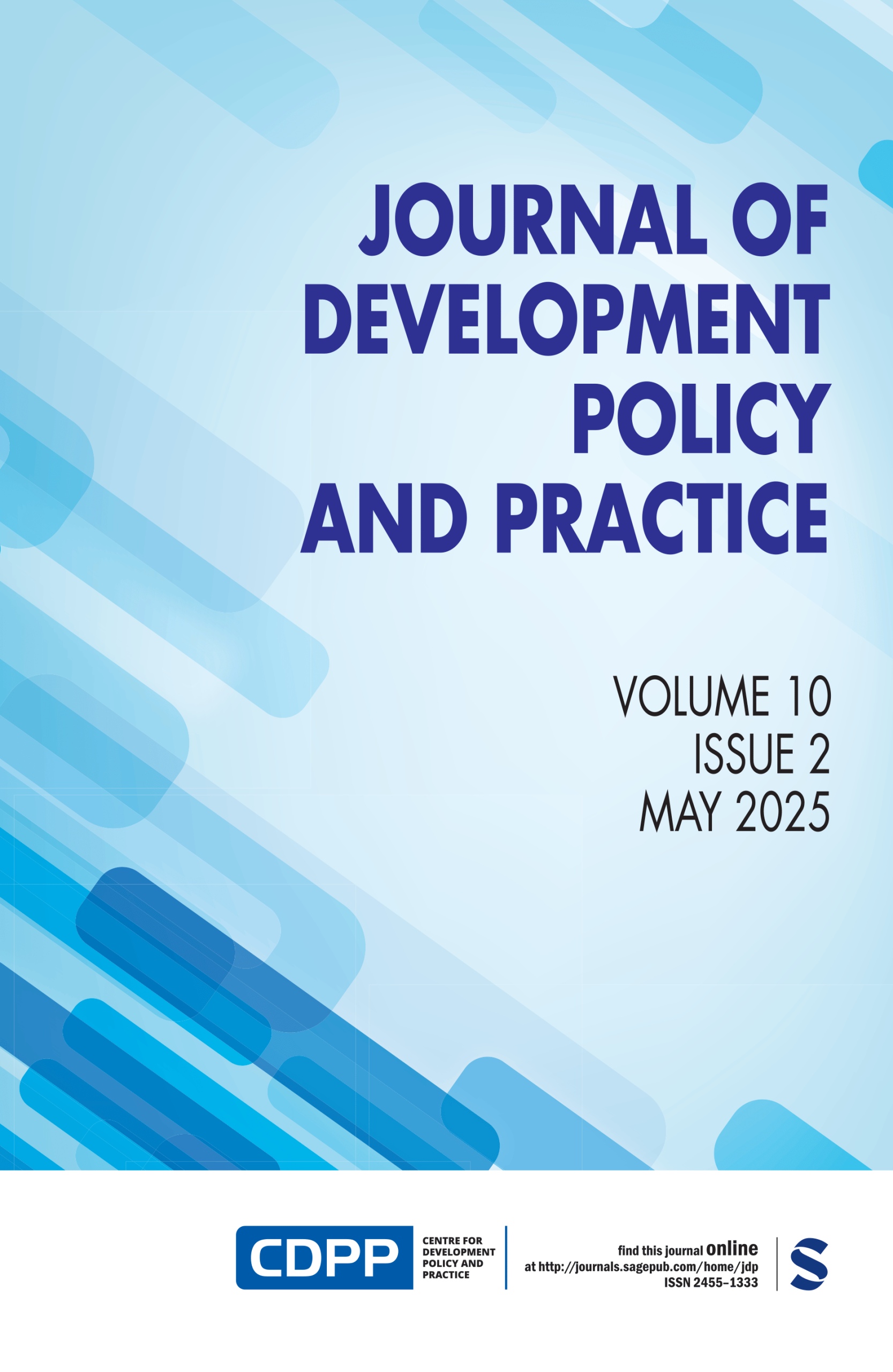The presentation will take place in a hybrid format via zoom interface
or in person in room K11.12. on 25.04.2024, from 13.00.
Cyril Rouault /PhD Student à Université Paris-Saclay / École Normale Supérieure Paris-Saclay/
Title: Contract Terms Monotonicity in Matching Markets.

Abstract: We study the impact of adding contract terms on the set of stable allocations in a doctor-hospital matching market. We show that expanding the set of available terms can reduce the welfare of doctors at the doctor-optimal stable allocations even if an added term is used. By decomposing the set of terms offered by hospitals, we propose to remove terms to have a Pareto improvement of doctor allocation. We then study preference domains in which our welfare results apply. When hospital preferences are lexicographic, or hospital and doctor preferences are continuous, if a term is added and used, then at least one doctor is better off. In these two domains, we identify a condition under which no doctor is worse off. Finally, we study the incentives for hospitals to offer contract terms. When a mechanism generates the hospital-optimal stable allocation, hospitals are always incentivized to extend the set of terms they offer.









